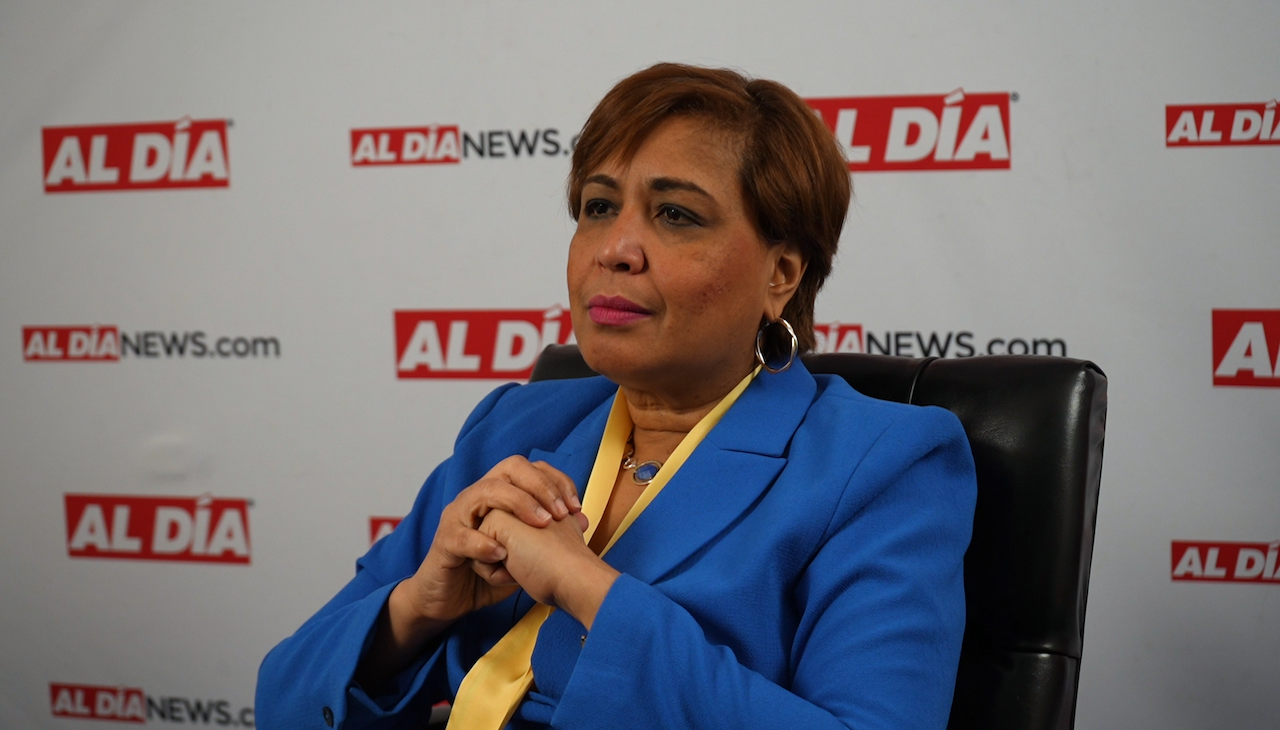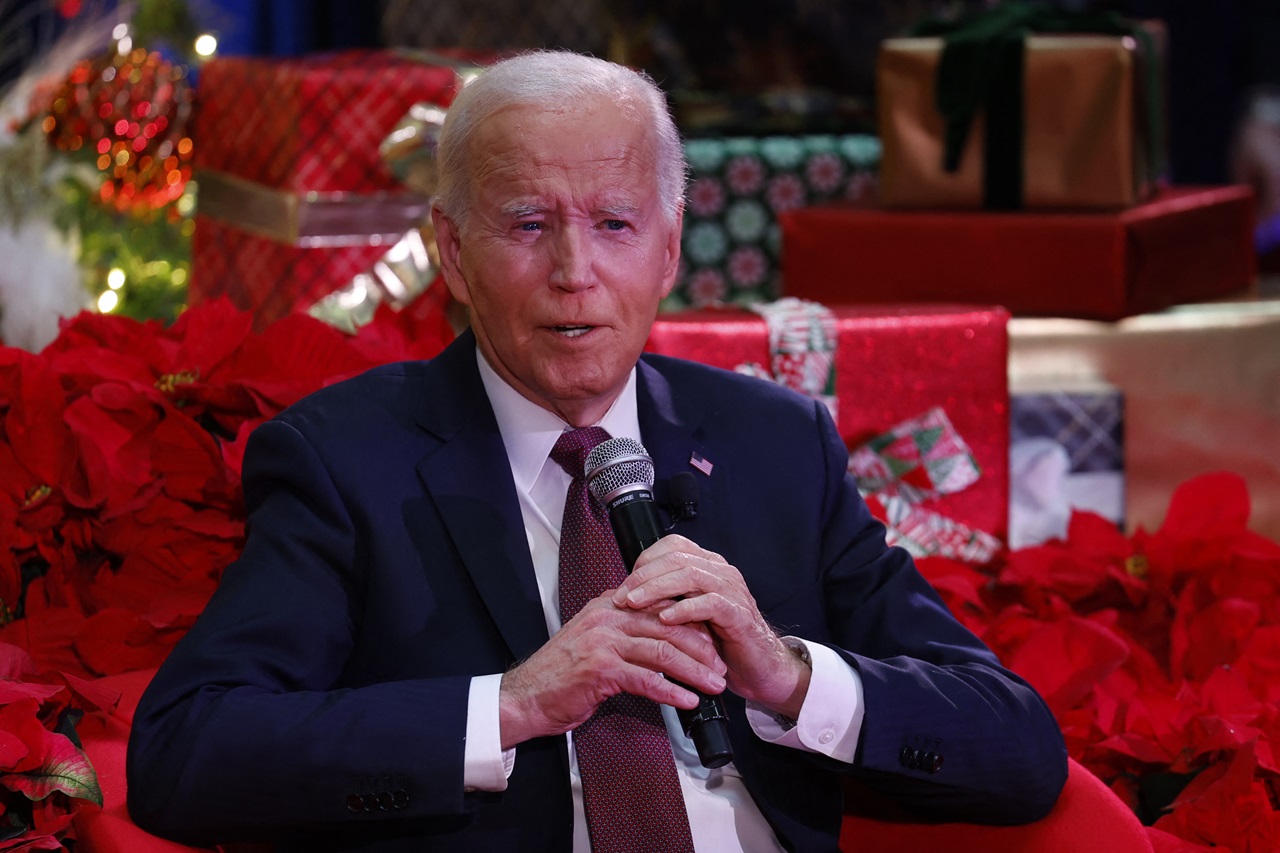
After stepping down from the mayoral marathon, Maria Quiñones Sánchez leaves behind her suggestions
Quiñones Sánchez’s Agenda Latina outlines proposals to better support Philadelphia’s non-English speaking communities.
On Easter Sunday, April 9, the lone Latina in Philadelphia’s crowded mayoral race announced she would wind down her campaign and step down as a candidate, citing the “obnoxious, obscene amount of money” flooding the field in an exclusive with The Philadelphia Inquirer.
“I am sorry to be suspending my campaign. I ran for mayor because I’ve lived every challenge this city faces, and with my policy and legislative experience, I felt I could tackle our city’s challenges head-on,” Quiñones Sánchez lamented in a written statement to the press.
A lifelong public servant and leader in the city’s overwhelmingly Latino district, Quiñones Sánchez left behind suggestions that the winning candidate should adopt, which included proposals to address Latino representation, language access, housing equity, commerce department & small business, poverty, education, and public safety.
The proposed ‘Agenda Latina’ reflects her 14-year tenure in city council, where she spearheaded legislation to forward essential support for non-English speaking communities.
Representation in government
Latinos make up a quarter of Philly’s overall population, but there persists an absence of sitting representatives in municipal halls. In previous elections, Spanish-speaking candidates attempted to compete in at-Large races but were unsuccessful, save Quiñones Sánchez.
She calls for “representation at every level of government, including the Mayor’s cabinet, department appointments, boards, commissions, vendors, and contracting opportunities.”
Additionally, Quiñones Sánchez wrote, she asks that government “commit to job requirements reform including collective bargaining to better staff a diverse and representative workforce.”
A report by the Controller’s office in December found that Latinos and other non-English speaking communities made gains in participation within local government, but the threshold was bleak. Latinos, specifically, account for 12.5% of new executive hires last year, but in 2020, none were hired.
Language Access
Philly is a diverse, polyglot city with over 100 languages spoken across neighborhoods by 146,000 residents.
Quiñones Sánchez, as part of her Agenda Latina, calls on city hall to “fulfill the charter's language access mandate, including civil service reforms to allow priority for language diversity and pay equity.”
This advice could very well stem from her 2014 efforts to amend the city code to account for non-English languages “to ensure that every Philadelphian deserves equal access to their city government, regardless of language spoken,” the charter proposal read.
During a mayoral forum on the arts at Taller Puertorriqueño, Quiñones Sánchez — responding to questions about language accessibility — said that candidates should simply enforce her law.
Judge James DeLeon, who sat next to Quiñones Sánchez, said “he’d enforce it as mayor” in jest along with the other contenders.
Housing Equity
Philadelphia’s Latino community, Quiñones Sánchez added, is hit hardest by the housing affordability crisis, saying “50% of Hispanic households are cost-burdened, the highest of any demographic.”
Her proposals include commitments “to directly subsidizing deep affordability at 30% [Area Median Income] through a city voucher program to provide fixed-rate housing” and “support and expand the affordable pipeline of [Philadelphia Public Housing] and Land Bank properties to create affordable housing in gentrifying South Kensington.”
Lastly, she called to “support Land Bank reforms to provide transparency and leverage public land for green space and community use, including community gardens and side yards.”
Quiñones Sánchez, creator of the Land Bank, was first to call for its reform years before the 2023 municipal elections.
Commerce Department and Small Business
RELATED CONTENT
Quiñones Sánchez, who introduced business tax reform in her early days of city council, called to “de-bundle city contracts to expand prime contractor opportunities for minority firms,” saying the city “must be more inclusive for all historically marginalized communities.”
Poverty
Quiñones Sánchez’s, from the outset of her mayoral campaign, said that violence and blight in her neighborhood were borne of inequities. Kensington has significantly higher rates of residents living in poverty than the rest of the city.
“End policies that disrupt vulnerable families and address excessively high rates of child separation,” Quiñones Sánchez suggested, adding that the city should “support culturally competent providers who use trauma-informed practices to provide health and behavioral health services in a vulnerable community.”
She’s also called to support The Promise, a city initiative that attempts to remove economic barriers, “including funding to expand the basic income pilot, expungement services, and housing supports.”
Education
In her Agenda Latina release, Quiñones Sánchez said with “local control, a new Superintendent, and federal relief funding, the next Mayor must renew our promise to provide Philadelphia families with a great K-8 school in every neighborhood and high school option that set young people up for success.”
Among her other recommendations, she added, “Create a School Building Authority to address capital and building needs. Support free[ Community College of Philadelphia]” and “work with the state and Building Trades to align Career Technical Education curricula with requirements for city licenses and union apprenticeship.”
Public safety
Public safety, Quiñones Sánchez penned, “is about infrastructure investments, operating departments, and police reform.”
The present agenda appears to imitate her mayoral platform, which called for security camera installations creating a safety data dashboard “for system-wide transparency and honesty to the public about our criminal justice system.”
Further, she called to “expand civilian roles within the [Philadelphia Police Department], including a [Chief Financial Officer] and [Human Resources].”
“Pursue work rules changes in the Streets Department to allow for restorative justice programming to provide employment opportunities performing neighborhood services,” and, she added, “Direct the Water Department to fully execute the city’s tree plan, including sidewalk and infrastructure repairs.”











LEAVE A COMMENT:
Join the discussion! Leave a comment.